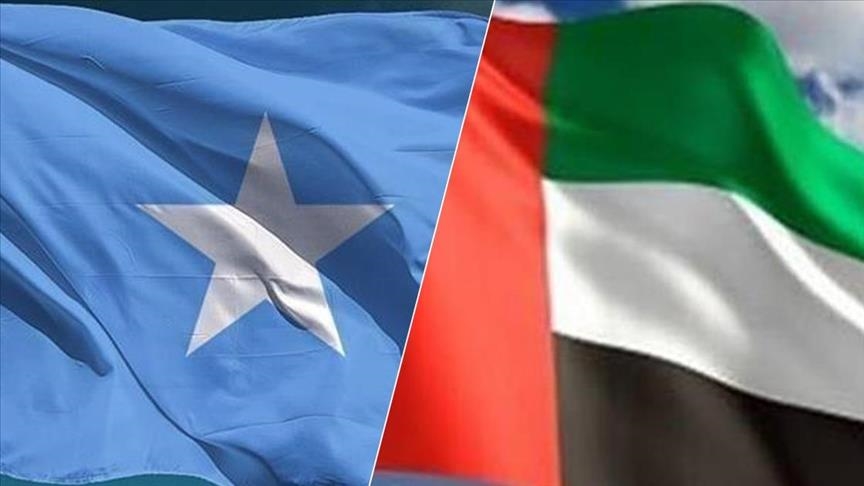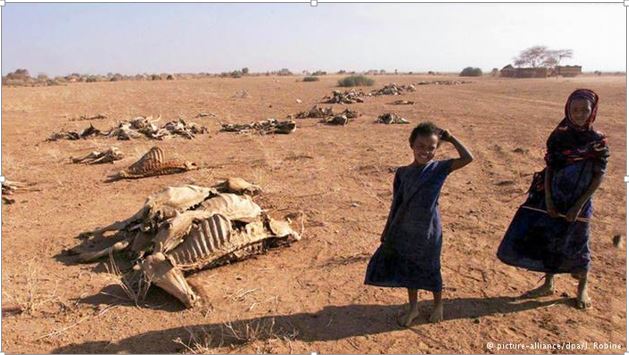When the Somali cabinet approved a military cooperation deal with the United Arab Emirates in February 2023, there was an uproar in Mogadishu. Parliamentarians believed the agreement was contrary to Somali sovereignty, Since the early 90s, Somalia has grappled with war lords and armed groups like al-Shabab and earned a reputation as a failed state…
Yet, state-building efforts have borne fruit in recent years. In December, the UN removed its arms embargo on the country, recognising the progress the Somali government has made in terms of institutionalising its democracy and the constitution, However, the Somali government is still in need of foreign aid. It received $2.4bn development aid from donors like the EU, US, Turkey, Qatar and the UAE in 2021.
But on top of this, the government also needs security aid and robust training for its security services, Despite this, some MPs thought the deal with the UAE went too far, The agreement, seen by Middle East Eye, mandates the UAE to “carry out military and security operations, including land, sea and air operations, which it deems appropriate, to eliminate terrorist elements”. It also authorises Abu Dhabi to “use the territory of” Somalia.
The UAE “shall have the right to use the land ports, sea ports and airports of the territory of the Federal Republic of Somalia” and establish military and training bases to further its operations, The most controversial part of the agreement, however, was the fact that it gave the UAE military total immunity, which angered Somalis.
All persons working under this agreement shall be granted safeguards and immunity against any international, legal, or administrative liability” in Somalia, the deal states, “Persons working under this agreement can’t be subject to any national or international procedure or claim or the application of a judgement rendered against them” in Somalia during the implementation of the agreement.
Qatar concerns
Then came the defence deal with Turkey, whose contents are still kept confidential by the respective governments. Reportedly it mandates Ankara to protect Somali sea waters against infringements for the next 10 years. Some Ankara insiders say the deal is also backed by Qatar, the UAE’s Gulf rival, “The United Arab Emirates is likely the country most disturbed by the Turkey-Somalia security and defence agreement,” wrote Mehmet Ozkan, a professor at the National Defence University in Turkey.
Emirati officials told Mogadishu earlier this month that they would end $5m financial support to some Somali military forces, “The Emiratis have ceased payments for five brigades positioned outside Mogadishu, maintaining financial support only for two brigades safeguarding the city and one special brigade assigned to protect vital installations.”
Even though the decision was also related to the fact that an al-Shabab attack in early February against a UAE base in Somalia killed a high-ranking Emirati official, Colonel Mohamed Mubarak, it is widely considered a response to the Somali-Turkish deal, One source suggested that the UAE’s main concern is possible Qatari cooperation with Somalia rather than Turkey, whom Emiratis enjoy a closer relationship with.




